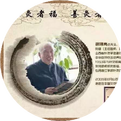What is Qi Deficiency?
Qi deficiency refers to a series of pathological changes and symptoms caused by insufficient original Qi.
Original Qi is a term in Traditional Chinese Medicine (TCM) that represents the most fundamental and important Qi, serving as the driving force behind human life activities. TCM theory posits that original Qi originates from both congenital essence and acquired dietary habits.
The Dangers of Qi Deficiency
Qi deficiency can lead to a decline in organ function, manifesting as a series of signs of organ weakness.
Qi deficiency syndromes can affect various aspects of the body. From the perspective of Qi generation and its relationship with the organs, all five organs store essence and Qi. When the lungs, spleen, and kidneys are Qi deficient, the following issues may arise:
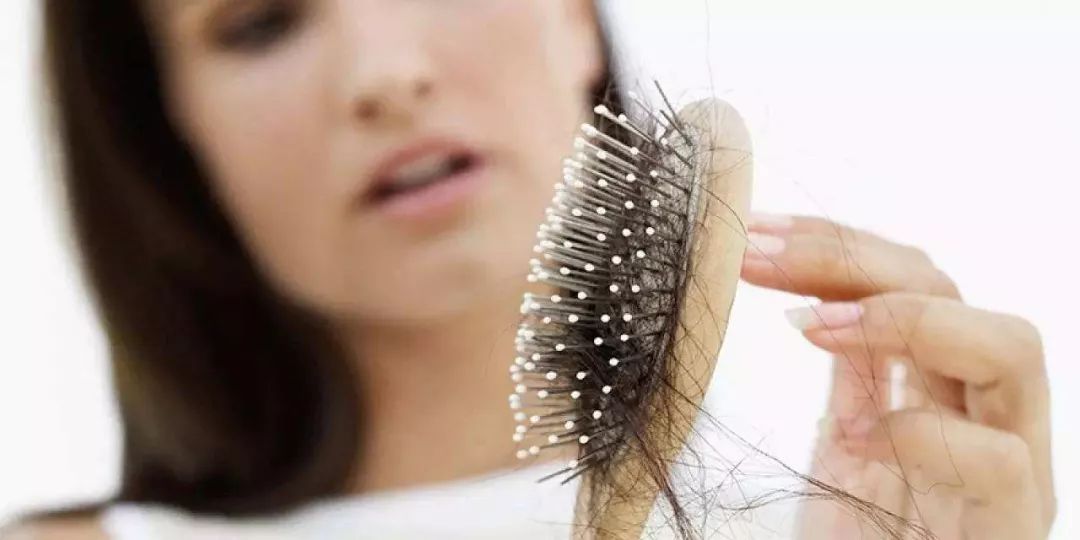
1Qi deficiency in the liver and kidneys can lead to unattractiveness resulting in rough, sallow, pale skin; dull hair and hair loss.2Spleen Qi deficiency causes digestive issues such as indigestion, obesity, constipation, and abdominal bloating.3Liver-related diseases can lead to fatty liver and hyperlipidemia.4Affects the heart and brain with insufficient blood supply to the heart leading to palpitations, shortness of breath, and chest tightness; insufficient blood supply to the brain can lead to memory decline.5Decreased immunity leading to chronic diseases, colds, and respiratory system damage.6Heat sensations occur when heat in the body cannot be transported to other areas by Qi and blood, leading to sensations of heat, dryness, redness, swelling, and fever.7Gynecological diseases where women may experience irregular menstruation or dysmenorrhea.8Decreased sexual function including sexual coldness, impotence, nocturnal emissions, and fluid retention.Qi deficiency poses significant risks; how to determine if you have Qi deficiency?1Observe the eyes
leading to chronic diseases, colds, and respiratory system damage.6Heat sensations occur when heat in the body cannot be transported to other areas by Qi and blood, leading to sensations of heat, dryness, redness, swelling, and fever.7Gynecological diseases where women may experience irregular menstruation or dysmenorrhea.8Decreased sexual function including sexual coldness, impotence, nocturnal emissions, and fluid retention.Qi deficiency poses significant risks; how to determine if you have Qi deficiency?1Observe the eyes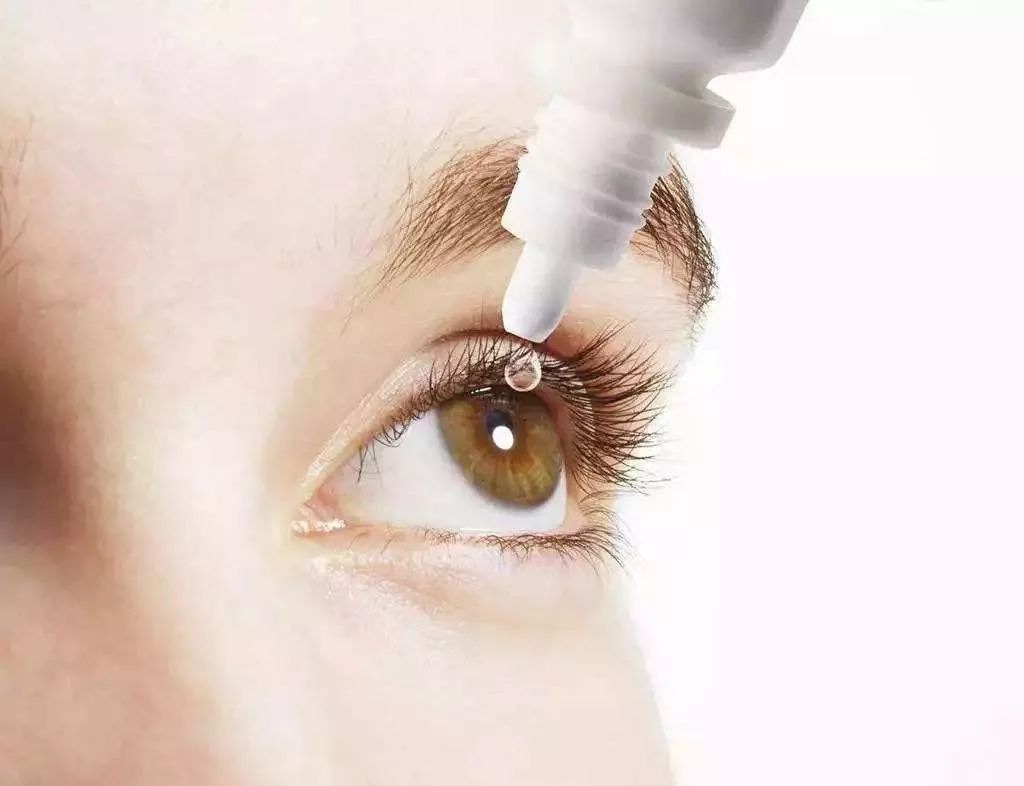 Dry eyes, heavy eyelids, large eye bags, yellowing or cloudiness of the sclera, and bloodshot eyes.2Observe the ears Children should have their ear shape observed, while adults should also consider their acquired conditions. Dull, lackluster ears may indicate a decline in Qi and blood; atrophied, dry ears with spots and wrinkles may suggest declining kidney function.3Feel the palms Warm, sweaty palms or cold hands may indicate Qi deficiency.4Examine the stool Unformed stools may indicate a Qi deficient state.5Excessive sweating
Dry eyes, heavy eyelids, large eye bags, yellowing or cloudiness of the sclera, and bloodshot eyes.2Observe the ears Children should have their ear shape observed, while adults should also consider their acquired conditions. Dull, lackluster ears may indicate a decline in Qi and blood; atrophied, dry ears with spots and wrinkles may suggest declining kidney function.3Feel the palms Warm, sweaty palms or cold hands may indicate Qi deficiency.4Examine the stool Unformed stools may indicate a Qi deficient state.5Excessive sweating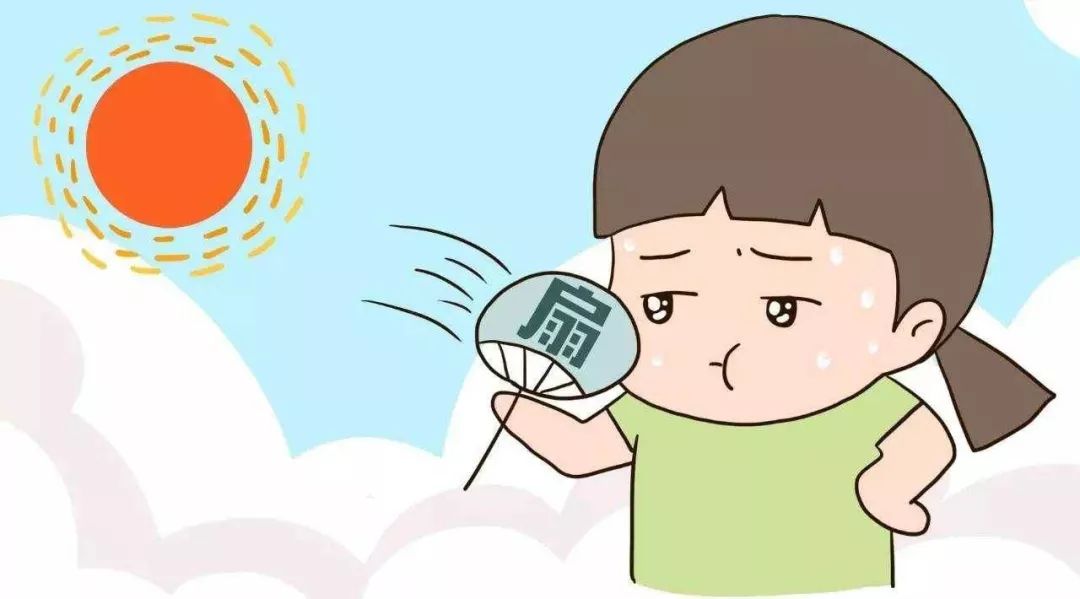 with poor physical strength, lack of energy, and easy sweating.6Examine the gums and teeth Gum recession and enlarged gaps in adults may indicate a decline in health.7Examine the tongue A tongue with teeth marks often indicates Qi deficiency. A thick coating on the tongue suggests excessive dampness in the body. Cracks in the middle of the tongue indicate spleen and stomach Qi deficiency.Specific causes of Qi deficiency:1Congenital inheritance Some women experience significant pregnancy reactions, leading to prolonged inability to eat and insufficient nutrition for the fetus. Either or both parents may have a Qi deficient constitution.2Long-term mental strain Excessive thinking can harm the spleen and lead to Qi deficiency.3Engaging in physically demanding occupations
with poor physical strength, lack of energy, and easy sweating.6Examine the gums and teeth Gum recession and enlarged gaps in adults may indicate a decline in health.7Examine the tongue A tongue with teeth marks often indicates Qi deficiency. A thick coating on the tongue suggests excessive dampness in the body. Cracks in the middle of the tongue indicate spleen and stomach Qi deficiency.Specific causes of Qi deficiency:1Congenital inheritance Some women experience significant pregnancy reactions, leading to prolonged inability to eat and insufficient nutrition for the fetus. Either or both parents may have a Qi deficient constitution.2Long-term mental strain Excessive thinking can harm the spleen and lead to Qi deficiency.3Engaging in physically demanding occupations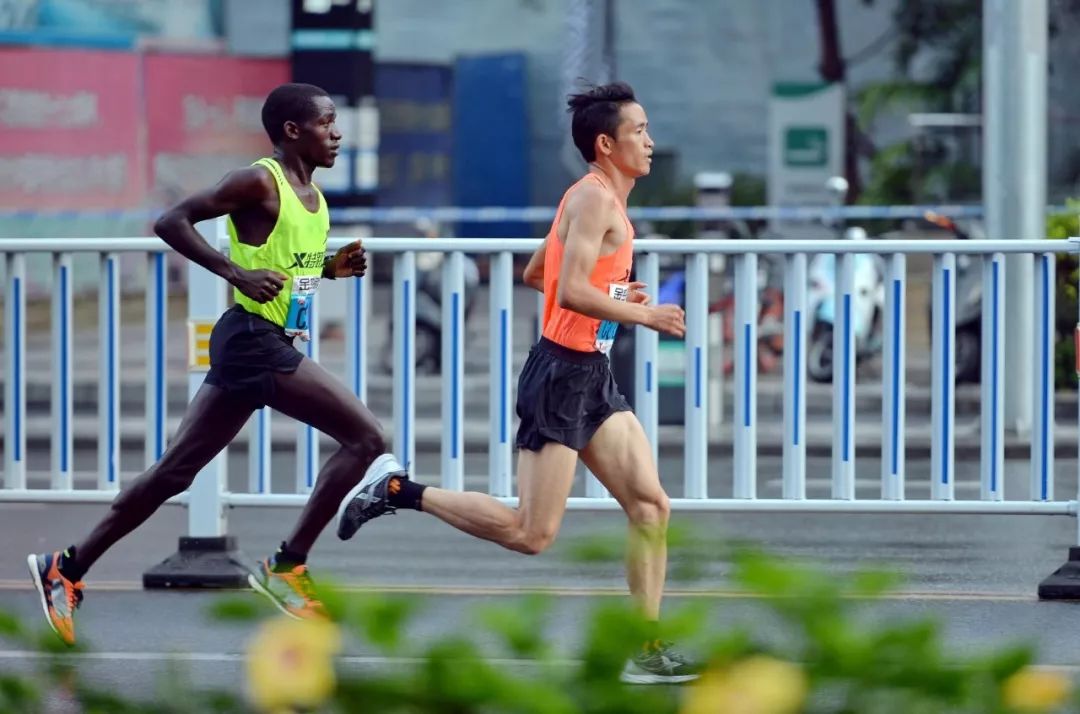 such as professional athletes.4History of serious illness or prolonged illness Serious or chronic illnesses can severely damage original Qi.5Dieting and poor eating habits Preference for cold foods can weaken organ function, leading to Qi deficiency.6Emotional distress Depression can also be a major cause of Qi deficiency.7Frequent medication use Taking Chinese patent medicines or hormones can exacerbate Qi deficiency.8Severe lack of exercise
such as professional athletes.4History of serious illness or prolonged illness Serious or chronic illnesses can severely damage original Qi.5Dieting and poor eating habits Preference for cold foods can weaken organ function, leading to Qi deficiency.6Emotional distress Depression can also be a major cause of Qi deficiency.7Frequent medication use Taking Chinese patent medicines or hormones can exacerbate Qi deficiency.8Severe lack of exercise Slow blood circulation can lead to obstructed Qi flow in the body.Maintenance methods for Qi deficient constitution:1Balanced dietIndividuals with Qi deficiency should consume foods that tonify Qi, are neutral in nature, sweet in flavor, rich in nutrients, and easy to digest. Cultivating normal eating habits is essential, avoiding overeating before meals. Recommended foods for Qi deficient individuals include:grapes, strawberries, fish, beef, large head mustard, shiitake mushrooms, Chinese yam, glutinous rice, corn, sweet potatoes, and pumpkin.Avoid foods that deplete Qi, such as cold, greasy, and spicy foods, to prevent affecting blood circulation.2Maintain emotional stability Qi deficient individuals often have introverted personalities, unstable emotions, and are timid and risk-averse. They should cultivate an optimistic and open-minded attitude towards life; avoid excessive mental strain or sadness, and maintain a stable and peaceful mindset.3Moderate outdoor exercise The exercise principle for Qi deficient individuals is low intensity, high frequency, and gradual progression. High-load, excessive sweating exercises should be avoided to prevent depleting original Qi. Gentle exercises like jogging and brisk walking can effectively strengthen lung and heart function, especially for elderly individuals with Qi deficiency. Qi deficient individuals should exercise at a moderate level, aiming for slight sweating, and avoid excessive sweating. The practice should also be gradual and consistent to achieve good results.4Regular sleep schedule Qi deficient individuals should pay attention to a regular sleep schedule, waking early and sleeping early to achieve fullness of Qi and blood and a vibrant spirit.5Moxibustion for Qi deficiency In modern society, the number of individuals with Qi deficient constitutions is increasing due to changes in living and working environments.The causes of Qi deficiency are multifactorial, leading to insufficient Qi in the lungs, spleen, and kidneys. Treatment for Qi deficiency must focus on nourishing the Qi of the lungs, spleen, and kidneys, enhancing lung function, and tonifying original Qi.Moxibustion can tonify Yang, invigorate the spirit, enhance the body’s Yang Qi, and strengthen the protective Qi, dispelling evil and supporting the righteous Qi.Qi deficient individuals should perform moxibustion on: Qihai (Sea of Qi), Guanyuan (Gate of Origin), and Zusanli (Leg Three Miles).Qihai: The ancient text “Zhen Jiu Zi Sheng Jing” states: “For treating organ Qi deficiency and fatigue, insufficient true Qi, and all Qi diseases that do not heal for a long time, moxibustion is indicated.” Combined with Guanyuan and Zusanli, it treats sinking of the middle Qi. Qihai is a gathering place for Qi; from both a therapeutic and health-preserving perspective, Qihai is an extremely effective acupuncture point.
Slow blood circulation can lead to obstructed Qi flow in the body.Maintenance methods for Qi deficient constitution:1Balanced dietIndividuals with Qi deficiency should consume foods that tonify Qi, are neutral in nature, sweet in flavor, rich in nutrients, and easy to digest. Cultivating normal eating habits is essential, avoiding overeating before meals. Recommended foods for Qi deficient individuals include:grapes, strawberries, fish, beef, large head mustard, shiitake mushrooms, Chinese yam, glutinous rice, corn, sweet potatoes, and pumpkin.Avoid foods that deplete Qi, such as cold, greasy, and spicy foods, to prevent affecting blood circulation.2Maintain emotional stability Qi deficient individuals often have introverted personalities, unstable emotions, and are timid and risk-averse. They should cultivate an optimistic and open-minded attitude towards life; avoid excessive mental strain or sadness, and maintain a stable and peaceful mindset.3Moderate outdoor exercise The exercise principle for Qi deficient individuals is low intensity, high frequency, and gradual progression. High-load, excessive sweating exercises should be avoided to prevent depleting original Qi. Gentle exercises like jogging and brisk walking can effectively strengthen lung and heart function, especially for elderly individuals with Qi deficiency. Qi deficient individuals should exercise at a moderate level, aiming for slight sweating, and avoid excessive sweating. The practice should also be gradual and consistent to achieve good results.4Regular sleep schedule Qi deficient individuals should pay attention to a regular sleep schedule, waking early and sleeping early to achieve fullness of Qi and blood and a vibrant spirit.5Moxibustion for Qi deficiency In modern society, the number of individuals with Qi deficient constitutions is increasing due to changes in living and working environments.The causes of Qi deficiency are multifactorial, leading to insufficient Qi in the lungs, spleen, and kidneys. Treatment for Qi deficiency must focus on nourishing the Qi of the lungs, spleen, and kidneys, enhancing lung function, and tonifying original Qi.Moxibustion can tonify Yang, invigorate the spirit, enhance the body’s Yang Qi, and strengthen the protective Qi, dispelling evil and supporting the righteous Qi.Qi deficient individuals should perform moxibustion on: Qihai (Sea of Qi), Guanyuan (Gate of Origin), and Zusanli (Leg Three Miles).Qihai: The ancient text “Zhen Jiu Zi Sheng Jing” states: “For treating organ Qi deficiency and fatigue, insufficient true Qi, and all Qi diseases that do not heal for a long time, moxibustion is indicated.” Combined with Guanyuan and Zusanli, it treats sinking of the middle Qi. Qihai is a gathering place for Qi; from both a therapeutic and health-preserving perspective, Qihai is an extremely effective acupuncture point.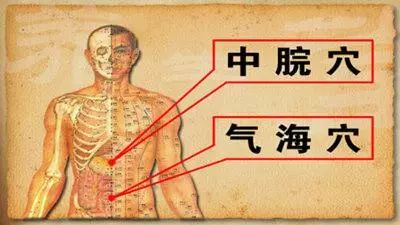 Guanyuan: Guanyuan can treat conditions such as stroke, deficiency cold fatigue, and weakness due to Qi deficiency.
Guanyuan: Guanyuan can treat conditions such as stroke, deficiency cold fatigue, and weakness due to Qi deficiency.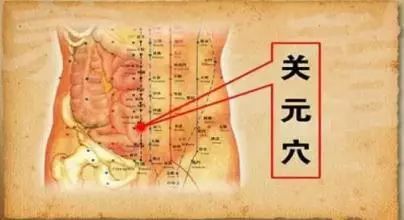 Zusanli: This point is essential for strengthening health and treating various deficiency syndromes. Qi deficient individuals with decreased immunity often feel unwell. Moxibustion at Zusanli can open the body’s meridians, ensuring normal circulation of Qi and blood, ultimately strengthening the body.
Zusanli: This point is essential for strengthening health and treating various deficiency syndromes. Qi deficient individuals with decreased immunity often feel unwell. Moxibustion at Zusanli can open the body’s meridians, ensuring normal circulation of Qi and blood, ultimately strengthening the body.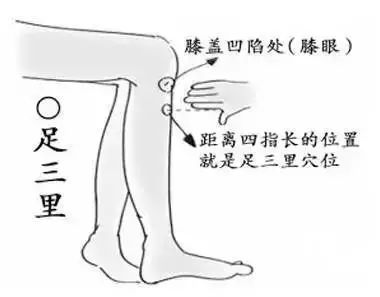 Traditional moxibustion should be applied for 10-15 minutes per point, until the skin turns slightly red; moxibustion with a device should last 30-45 minutes. Initially, the moxibustion time should not be too long, gradually increasing as the body adapts.
Traditional moxibustion should be applied for 10-15 minutes per point, until the skin turns slightly red; moxibustion with a device should last 30-45 minutes. Initially, the moxibustion time should not be too long, gradually increasing as the body adapts.
Warm Reminder
If you enjoyed this article, please share it with your friends. For more information, please follow me.
 ◆Spring allergies? Skin itching, redness, and eczema? Moxibustion at 5 points to rescue allergic constitutions◆25 sets of pain-relief point combinations, 【Pain relief doubled】◆ Chicken inner gold + 1 item, helps you resolve all body blockages, fibroids, cysts, and nodules have nowhere to hide.If you don’t know how to pair points for moxibustion, you can add the teacher’s WeChat or leave a message.
◆Spring allergies? Skin itching, redness, and eczema? Moxibustion at 5 points to rescue allergic constitutions◆25 sets of pain-relief point combinations, 【Pain relief doubled】◆ Chicken inner gold + 1 item, helps you resolve all body blockages, fibroids, cysts, and nodules have nowhere to hide.If you don’t know how to pair points for moxibustion, you can add the teacher’s WeChat or leave a message.

Designed for moxibustion enthusiasts and practitioners, this premium reading and learning platform allows even a novice to quickly become a moxibustion expert! When one person knows moxibustion, the whole family benefits, and minor ailments are no longer a worry! Hurry and scan the QR code below to embrace the warmth of moxibustion!


